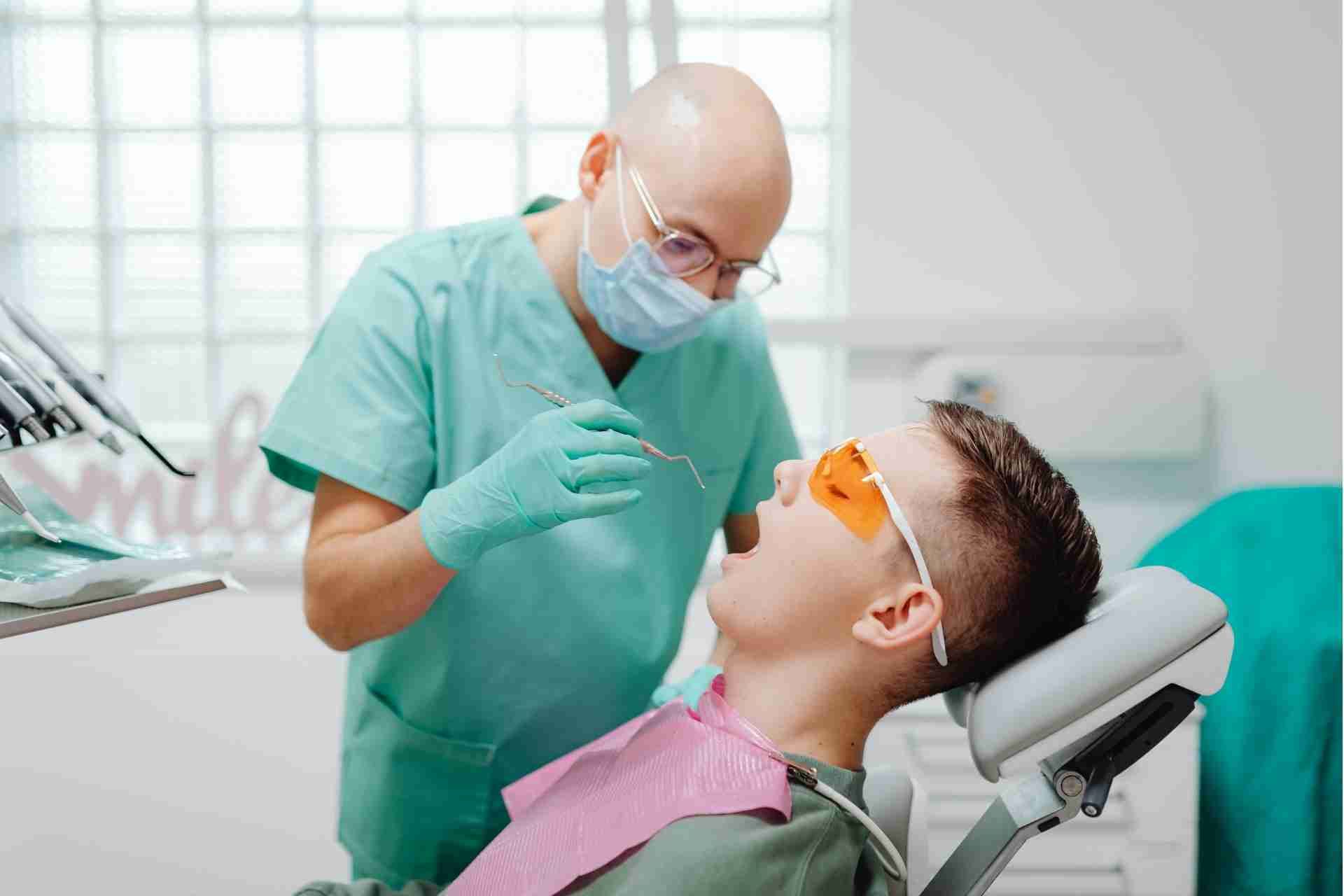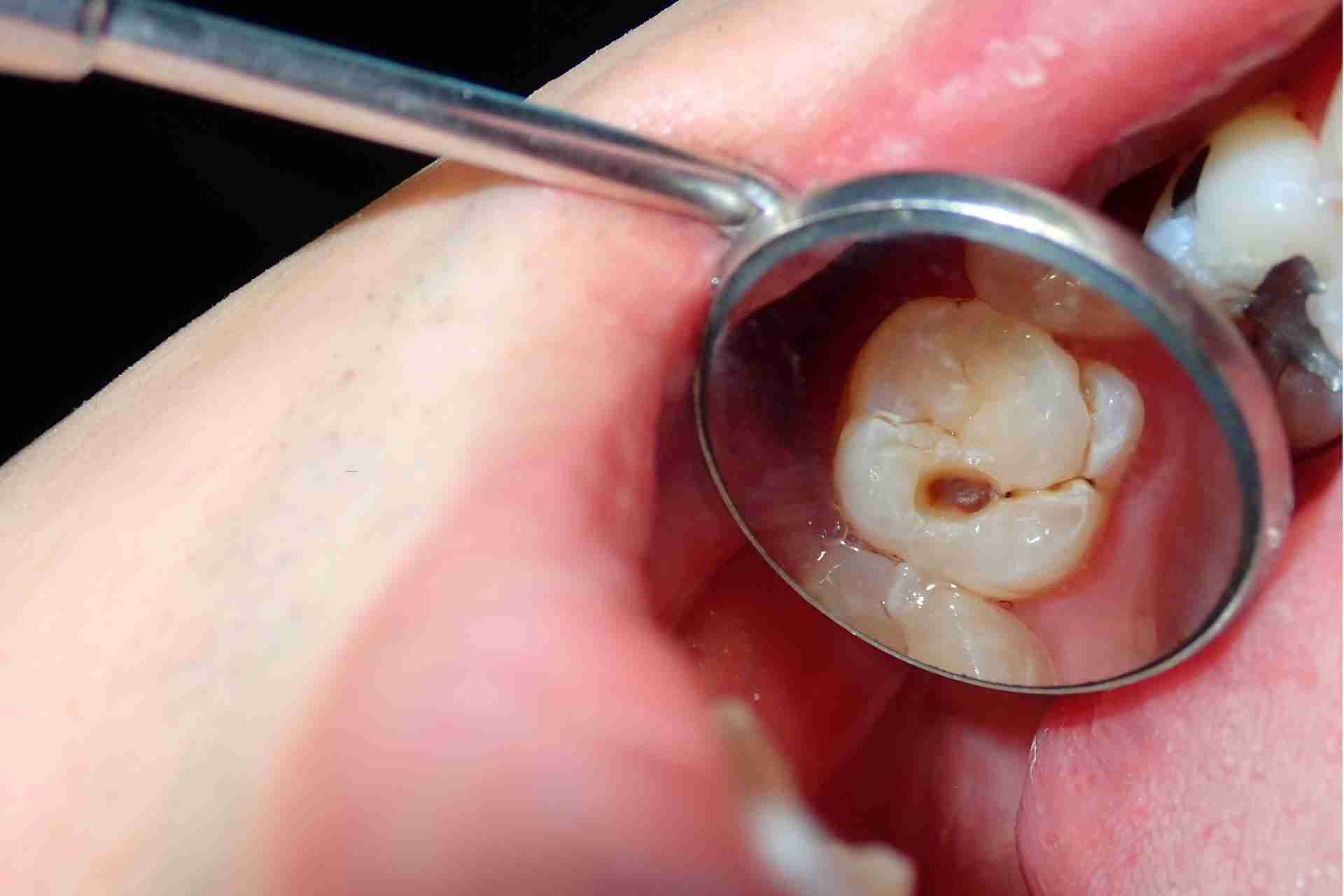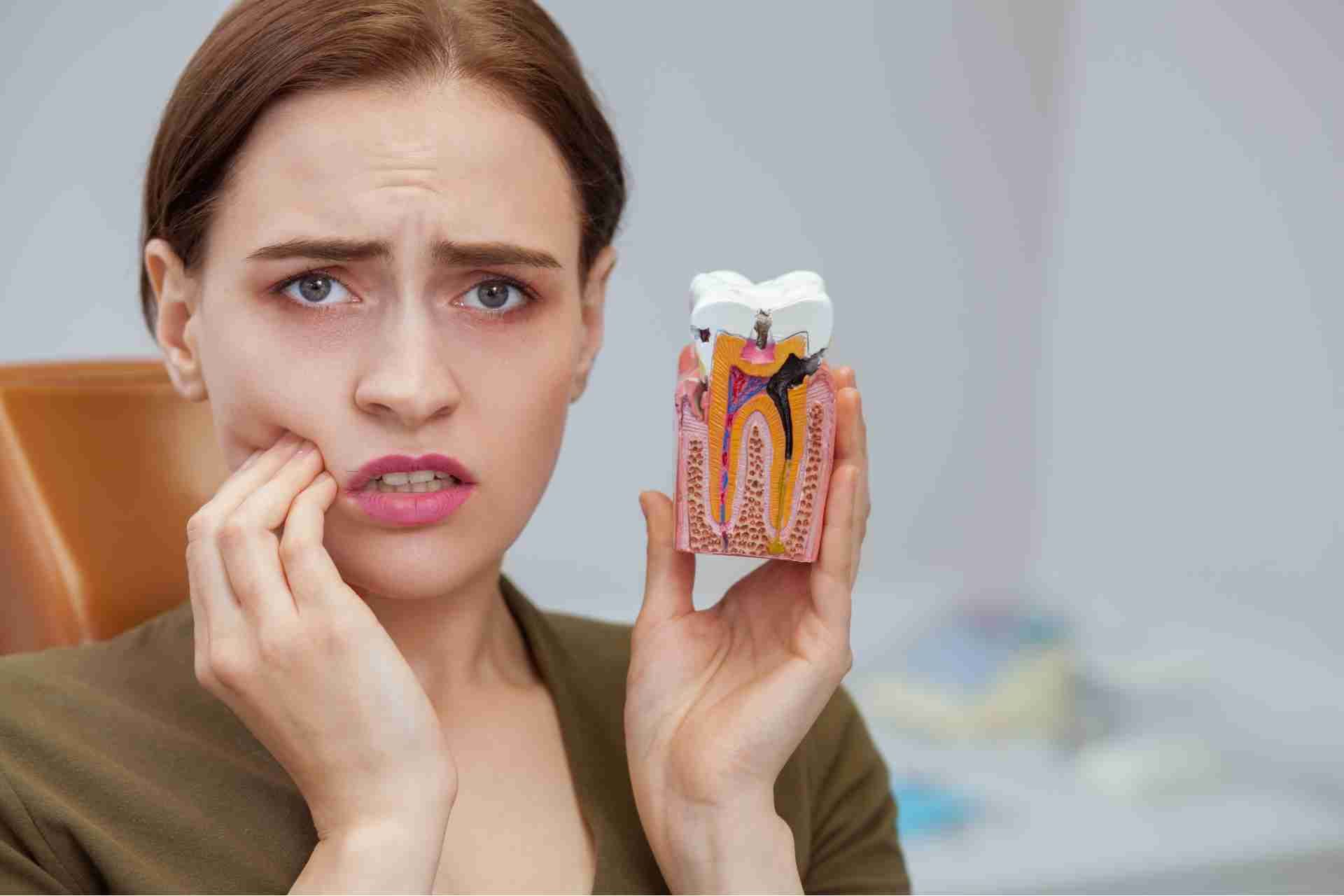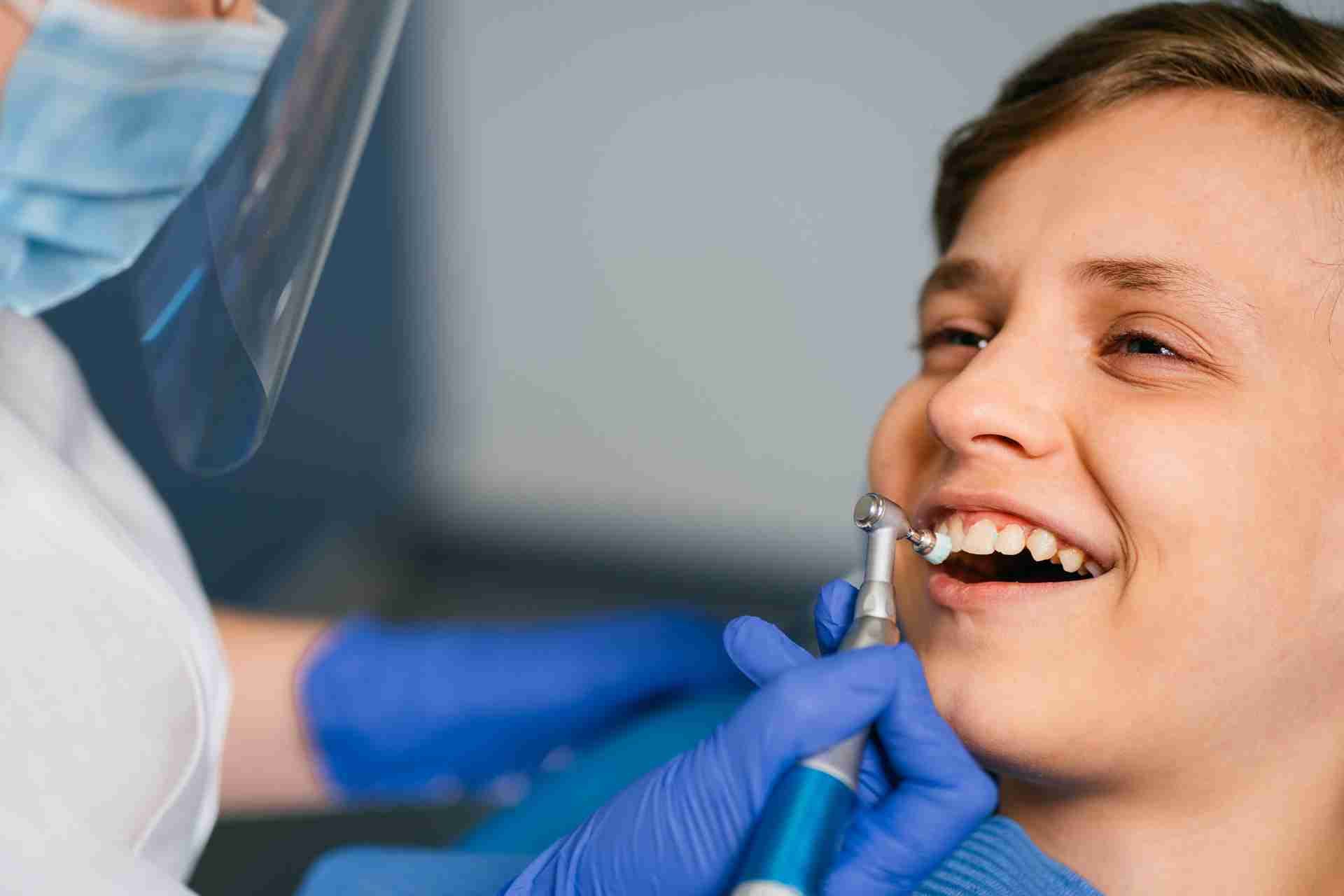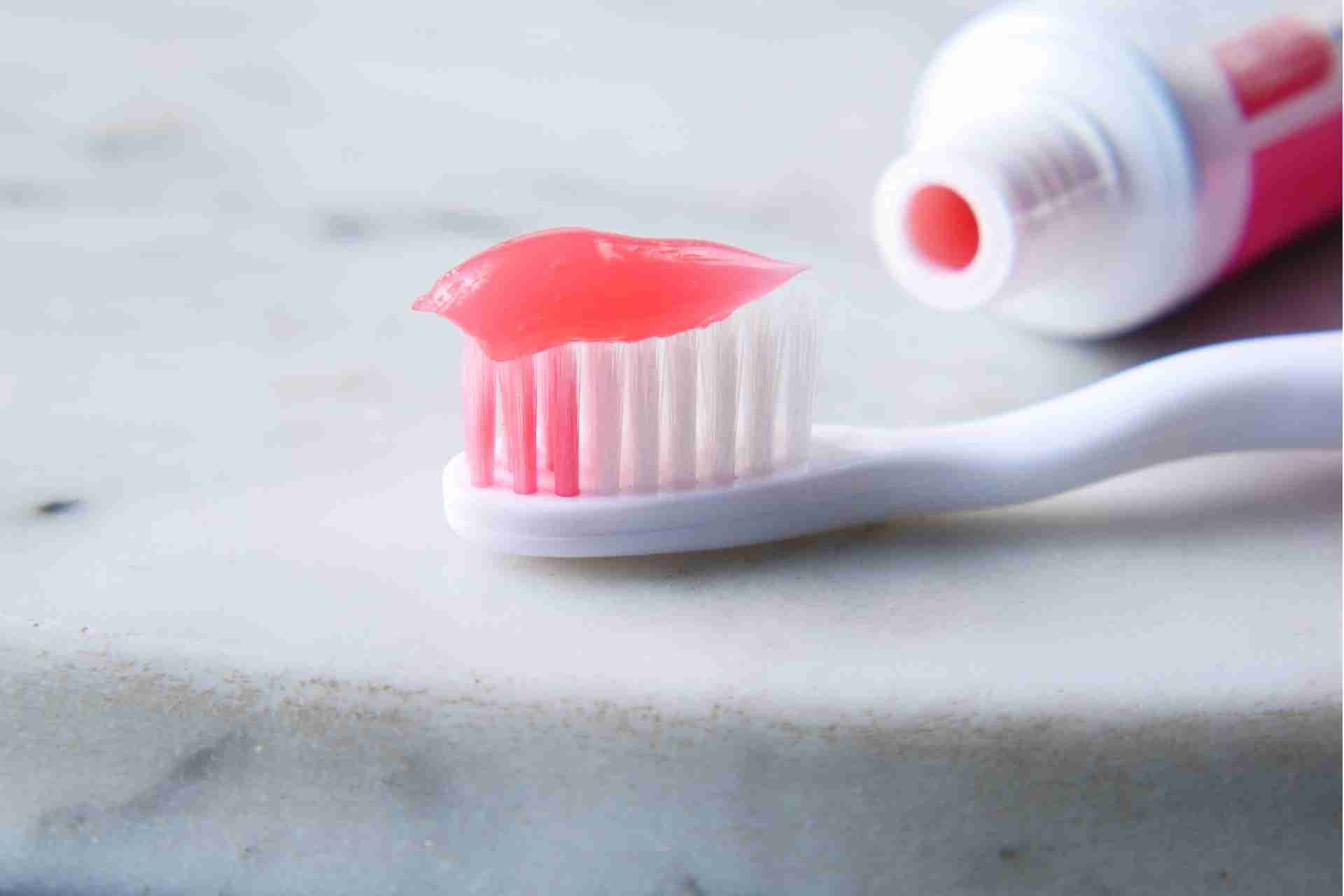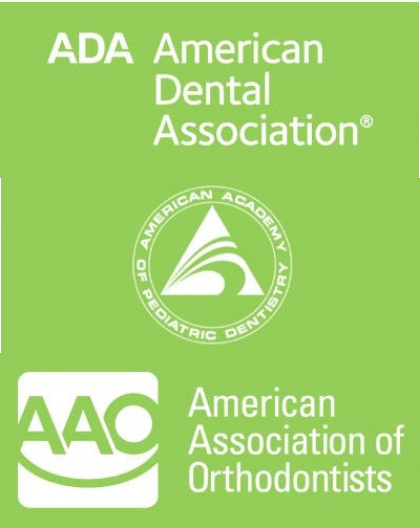TMJ Disorder Symptoms and Treatments

TMJ disorder, also known as temporomandibular joint disorder, is a condition that affects the jaw joint and the muscles that control jaw movement. It is a common problem that can cause pain and discomfort for those who suffer from it.
The temporomandibular joint is the joint that connects the jawbone to the skull. It allows for the movement of the jaw, such as opening and closing the mouth, chewing, and speaking. When this joint becomes inflamed or damaged, it can lead to TMJ disorder.
Anyone who has ever experienced temporomandibular joint (TMJ) disorder knows how painful and debilitating it can be. TMJ disorder is a condition that affects the jaw joint and surrounding muscles, causing a variety of symptoms that can affect daily life. In this blog post, we will discuss the TMJ disorder symptoms and explore some treatment options that may provide relief.
Types of TMJ disorder
Muscle-related TMJ disorder
This type of TMJ disorder is characterized by pain and stiffness in the muscles that control jaw movement. This can be caused by clenching or grinding the teeth, poor posture, stress, or overuse of the jaw muscles. Symptoms may include muscle tenderness, headaches, and difficulty chewing. Treatment options may include physical therapy, relaxation techniques, and mouth guards to prevent teeth grinding.
Joint-related TMJ disorder
This type of TMJ disorder affects the actual temporomandibular joint itself. It can be caused by injury, arthritis, or misalignment of the joint. Symptoms may include pain, clicking or popping sounds when opening or closing the mouth, and difficulty moving the jaw. Treatment options may include medication, corticosteroid injections, or surgery in severe cases.
Mixed TMJ disorder
Some individuals may experience a combination of muscle-related and joint-related TMJ disorder. This can make diagnosis and treatment more challenging, as both components need to be addressed. Treatment options may include a combination of physical therapy, medication, and lifestyle changes to alleviate symptoms.
Degenerative TMJ disorder
In some cases, TMJ disorder may be a result of degeneration of the joint over time. This can cause chronic pain, limited jaw movement, and difficulty eating. Treatment options may include pain management techniques, joint replacement surgery, or joint reconstruction.
Symptoms of TMJ Disorder
There are a variety of symptoms associated with TMJ disorder, and it's important to be aware of them so that you can seek appropriate treatment. Here are some common symptoms of TMJ disorder:
Pain or tenderness in the jaw joint
One of the most common symptoms of TMJ disorder is pain or tenderness in the jaw joint. This can be felt in the jaw itself, as well as in the surrounding muscles and tissues.
Difficulty chewing or biting
TMJ disorder can also cause difficulty with chewing or biting, as the joints may be misaligned or inflamed, making it painful to move the jaw.
Clicking or popping sounds
Another common symptom of TMJ disorder is clicking or popping sounds when you open or close your mouth. This can be a sign that the joints are not moving smoothly.
Locking of the jaw
In some cases, TMJ disorder can cause the jaw to lock in place, making it difficult to open or close the mouth fully.
Headaches
TMJ disorder can also cause headaches, particularly ones that are centered around the temples or behind the eyes.
Ear pain or ringing in the ears
Some people with TMJ disorder may experience ear pain or ringing in the ears, as the jaw joint is located close to the ear canal.
Neck and shoulder pain
TMJ disorder can also cause referred pain in the neck and shoulders, as the muscles in the jaw are connected to those areas.
Factors Affecting the Development of TMJ Disorder
One of the primary factors that can contribute to TMJ disorder is muscle tension and strain in the jaw. This can be caused by a variety of factors, including stress, anxiety, and poor posture. People who clench or grind their teeth, either during the day or at night, are also at an increased risk of developing TMJ disorder.
Another common factor that can contribute to TMJ disorder is trauma to the jaw joint. This can be the result of a direct blow to the jaw, such as a sports injury or a car accident. It can also be caused by habits such as biting nails, chewing gum excessively, or constantly chewing on hard objects.
Poor alignment of the teeth and jaw can also play a role in the development of TMJ disorder. When the teeth do not align properly, it can put added stress on the jaw joint, leading to pain and discomfort. In some cases, orthodontic treatment may be necessary to correct the alignment of the teeth and alleviate symptoms of TMJ disorder.
Other factors that can contribute to TMJ disorder include arthritis, genetics, and hormonal changes. Arthritis can cause inflammation and damage to the joint, leading to pain and limited movement. Genetics can also play a role in the development of TMJ disorder, as some people may be more predisposed to the condition than others. Hormonal changes, such as those that occur during pregnancy or menopause, can also impact the function of the jaw joint and lead to TMJ disorder.
Treatments for TMJ Disorder
There are several treatment options available to help manage and alleviate the symptoms of TMJ disorder. Here are some common treatments for TMJ disorder:
Medications
Your doctor may recommend over-the-counter pain medications, such as ibuprofen or acetaminophen, to help reduce pain and inflammation in the jaw joint. In some cases, prescription medications, such as muscle relaxants or tricyclic antidepressants, may be prescribed to help relax the jaw muscles and alleviate pain.
Physical therapy
Physical therapy techniques, such as jaw exercises, stretches, and massage, can help improve jaw function and reduce pain and stiffness in the jaw joint. A physical therapist can work with you to develop a personalized treatment plan to address your specific symptoms and needs.
Oral appliances
A common treatment for TMJ disorder is the use of oral appliances, such as mouthguards or splints, to help reposition the jaw and reduce stress on the jaw joint. These appliances are custom-made to fit your mouth and are typically worn at night to help prevent teeth grinding and clenching, which can exacerbate TMJ symptoms.
Lifestyle modifications
Making changes to your daily habits and lifestyle can also help manage TMJ disorder symptoms. For example, avoiding hard or chewy foods, practicing good posture, and incorporating stress-reducing techniques, such as meditation or yoga, can help reduce jaw tension and improve jaw function.
Injections
In some cases, injections of corticosteroids or Botox may be recommended to help reduce pain and inflammation in the jaw joint. These injections are typically administered by a healthcare provider and can provide temporary relief from TMJ symptoms.
Surgery
In severe cases of TMJ disorder that do not respond to conservative treatments, surgery may be recommended as a last resort. Surgical options for TMJ disorder may include arthroscopic surgery to repair or replace damaged joint structures, or open-joint surgery to reposition the jaw joint.
When to Seek a Dentist?
When it comes to treating TMJ disorder, seeking the expertise of a specialized orthodontist and pediatric dentist, such as Pennington Orthodontics & Pediatric Dentistry, is crucial.
Don't let TMJ disorder affect your quality of life. If you're experiencing symptoms of jaw pain, headaches, or limited jaw mobility,
schedule a consultation with Pennington Orthodontics & Pediatric Dentistry to receive the specialized care you deserve. Our experienced team is here to help you find relief and improve your oral health.
